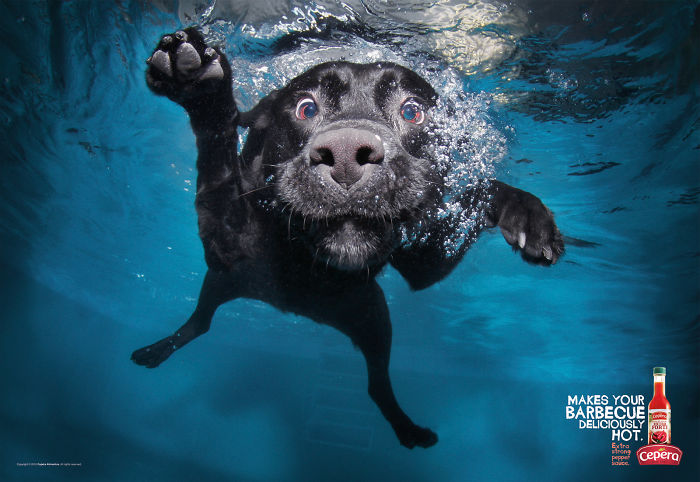Over the past few months, I have been able to observe my own media use and how media impacts others more closely than I used to. This has been due, in a large part, to this blog that I have been keeping. I have realized that I consume a lot of media. I mostly consume media from YouTube or Instagram because they are my favorite social media sites and they are the most time consuming. This causes me to procrastinate on work a lot. I would rather watch YouTube videos or scroll through my Instagram than do my homework because I find it more fun and more engaging. Being aware of my media consumption does not change it in a very large way. When I see a commercial, I am usually able to pick out some advertising techniques when I see an advertisement or a commercial, but nothing really more than that. They already weren’t very effective, so it doesn’t really change how likely I am to respond to them. Even after learning so much about how media works and the various advertising techniques that they use to get people to engage with media, I have not changed the way I interact with media. This is because I didn’t find any of it so unethical or shocking to get me to change it. It’s nothing I did not already know or could have guessed. At the end of the day, even if some of the techniques seem a little unethical to me, I am fine with them being used. I am not overly shocked, and without a drastic change in how I view the media, I will not go out of my way to change my media habits.
Over this semester, I have learned about media literacy and how to be media literate. According to http://medialiteracyproject.org/learn/media-literacy/ "media literacy is the ability to access, analyze, evaluate, and create media." Having media literacy in today’s society is extremely important. It makes us educated consumers. It allows us to see the messages hidden in various types of media and allows us to see how advertisers are using us in order to make money. It is very important to many people that they know how their information is being used for privacy purposes. People do not want to be taken advantage of and many people are very uncomfortable with their private information being known by a total stranger. Being media literate allows us to be more aware and to take more control of our own lives and be resistant to forces that we would otherwise be resistant to. I also think that it is very important that people know how they are being used by the media because once you know your role in the way advertisers create ads and market their products, you can control it. You can become less susceptible to various advertising techniques if you wish or you could potentially give advertisers a much more real idea of what you (and perhaps others) would want as consumers.
By keeping this log, I was able to more closely observe the various advertising techniques and message present in some of my favorite pieces of media. I was able to truly understand WHY I like them and what makes them so appealing to others as well. This blog helped me to further my own media literacy beyond what I have learned in the classroom.

